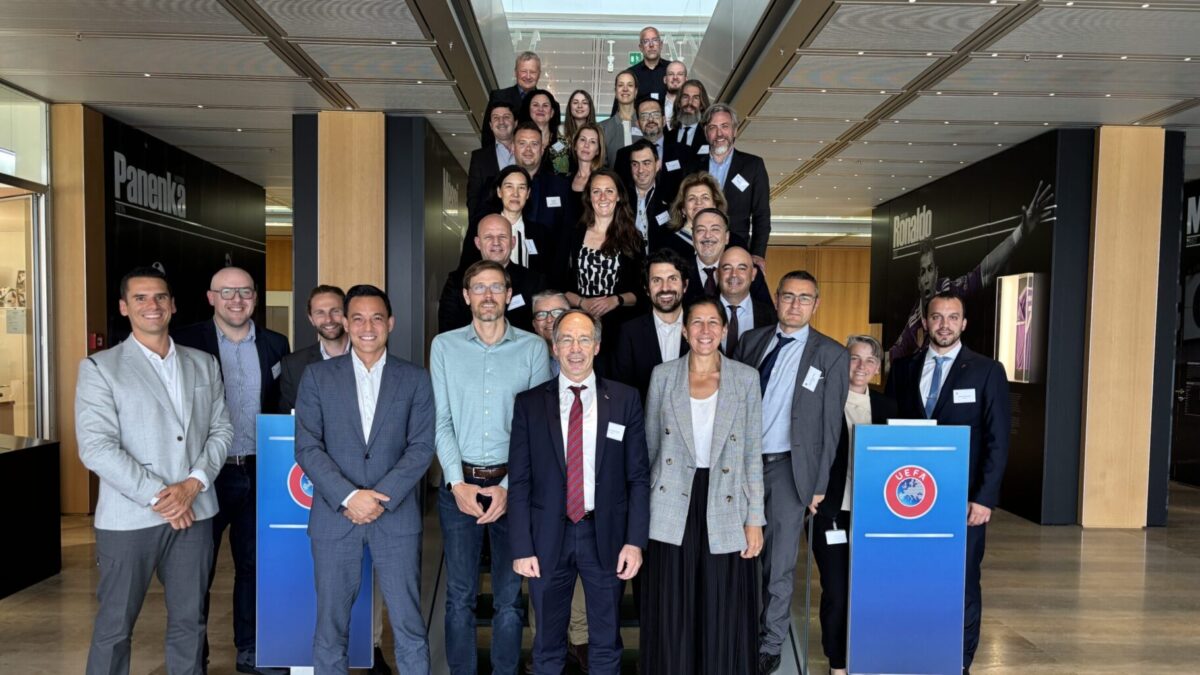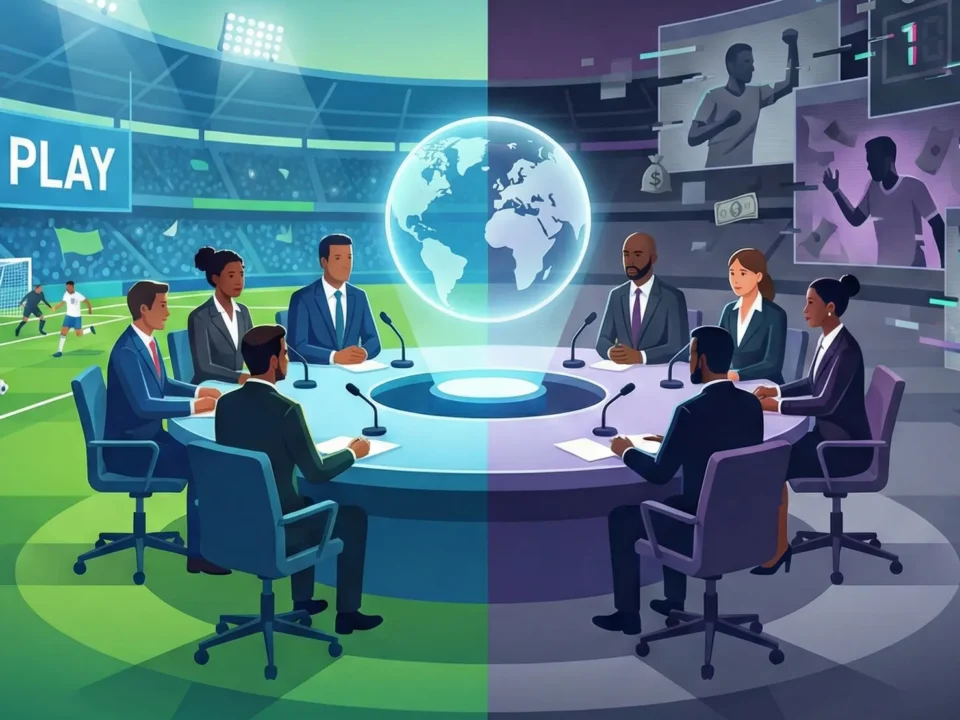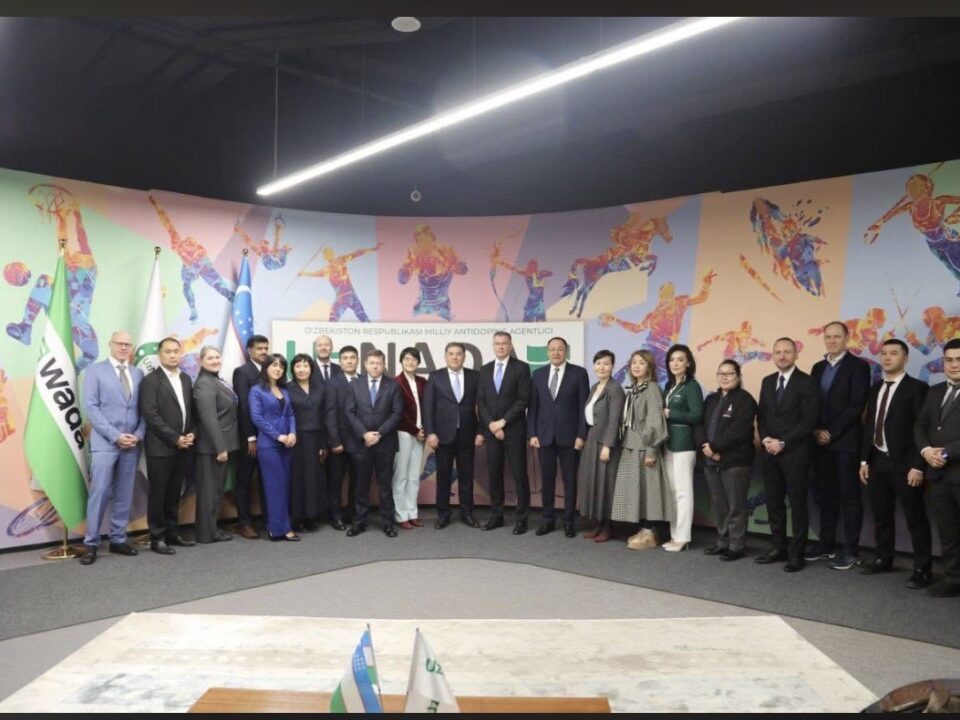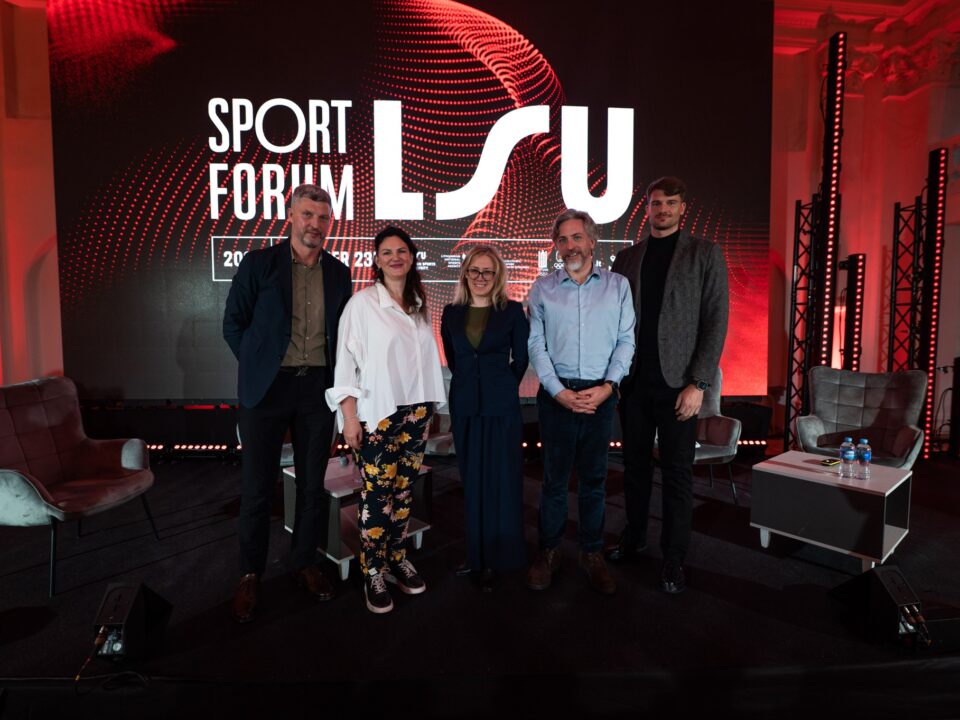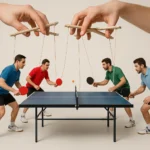
What can we do to ensure that the battle against manipulation in sport is not just a battle against windmills?
2025-05-05
Head of the Lithuanian Anti-Doping Agency shared her expertise in Central Asia
2025-06-0522 May this year. The 10th Plenary Meeting of the Council of Europe's Macaolino Convention Monitoring Committee took place at UEFA headquarters in Nyon, Switzerland, on 22 May 2015, with the participation of representatives of the Lithuanian Anti-Doping Agency.
At the meeting, representatives of Member States, observers, sports organisations, betting operators, law enforcement authorities, and the Committee reviewed the latest Council of Europe initiatives, and took note of the first national assessment presented (Norway).
The meeting also examined draft guidelines on the four pillars of the fight against match-fixing.
This draft guideline covers four main aspects:
- Information sharing and data protection (how to balance research needs with data protection measures).
- Reasonable betting offers (adjusting criteria to curb high-risk markets without stifling legitimate betting).
- A typology of illegal operators (identification of unlicensed or fraudulent betting intermediaries to assist law enforcement authorities).
- Anti-money laundering (adapting procedures to the unique risks of sports betting).
The Committee also exchanged information on recent national and international developments, regulatory frameworks for sports governing bodies, and identified new priorities, in particular the prevention of betting addiction among athletes as a means to prevent match-fixing.
The meeting set the strategic orientations for the T-MC's work programme for the coming months.
Unlike international sports organisations, the various national federations in Lithuania still do not always pay attention to the problem of manipulation in sport.
The International Olympic Committee (IOC) has taken the lead and has now appointed a point of contact in all National Olympic Committees. The IOC develops guidelines and training, and the National Olympic Committees share this information at national level with the federations of Olympic sports. One of the most important rules emphasised by the IOC and enshrined in the Olympic Charter, as well as in the Law on Gambling of the Republic of Lithuania, reads as follows: "It is forbidden for persons to take part in betting (including remote gambling betting) where bets are placed on betting events in which they are involved, or are likely to be affected by the outcome of the betting; or in events in which their close relatives or family members are involved, or are likely to be affected by the outcome of the betting."
INTERPOL representatives present at the meeting stressed that they are always ready to assist the Member States with case investigations and methodological advice when needed.
Representatives from UEFA and FIBA shared their experiences in combating match-fixing or adjudication.
UEFA said that last year alone, 494 disciplinary hearings were held in football federations, with fines totalling €693,000 and an average sanction period of 16 months.
The International Basketball Federation, like the IOC, requires national federations to appoint and train a person responsible for preventing match-fixing. FIBA has encountered some difficulties in implementing this system: for example, national rules sometimes do not provide for measures such as the removal of telephones, the persons designated change frequently, which means that training must be constantly updated. The problem of manipulation is much bigger than could have been imagined, the organisation said.
The meeting presented an initiative by the Greek and Portuguese football federations to reduce sports betting addiction among young athletes. A representative of the Greek Football Federation stressed that "young people do not want to listen to costumed uncles telling them how to live and how not to behave. To make our voices heard, we have invited a former footballer who himself suffered from a gambling addiction".
The meeting also highlighted that athletes are a particularly vulnerable group and are about three times more likely to be addicted to gambling than other professional groups.

